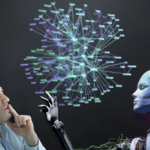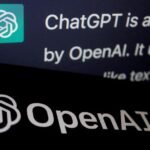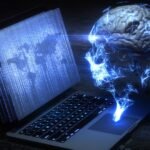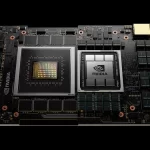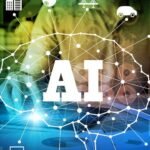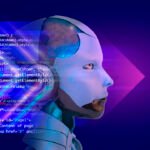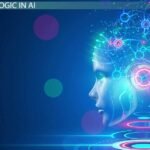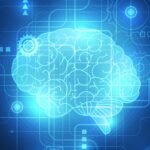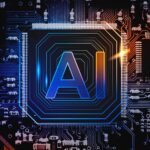Building reliable Machine Learning models with limited training data
Researchers from the University of Cambridge and Cornell University have made a breakthrough in developing Machine Learning models capable of comprehending complex equations in real-world scenarios with significantly less training data than previously thought necessary. Their discovery particularly applies to partial differential equations (PDEs), a class of physical equations that describe how natural phenomena evolve over space and time. This achievement has been detailed in their study, titled ‘Elliptic PDE learning is provably data-efficient,’ published in the Proceedings of the National Academy of Sciences.
Traditionally, Machine Learning models require substantial amounts of training data to deliver accurate results, typically involving humans annotating extensive datasets, such as image collections. Dr. Nicolas Boullé, the first author of the study, noted that this manual training process, while effective, is also time-consuming and costly. The researchers aimed to determine the minimum amount of data required to train models effectively while maintaining reliability.
The team’s focus was on partial differential equations (PDEs), which serve as fundamental tools in understanding physical laws governing natural phenomena. These equations, known for their relative simplicity, provided a basis for investigating why Machine Learning techniques have proven successful in physics and similar domains.
The researchers discovered that PDEs modeling diffusion possess a structure conducive to designing AI models. By incorporating known physics into the training data, they were able to enhance accuracy and performance. They developed an efficient algorithm to predict solutions for PDEs under various conditions, leveraging both short and long-range interactions within the equations. This approach enabled them to determine that, particularly in the field of physics, Machine Learning models can be reliable with relatively limited training data.
The researchers anticipate that their techniques will empower data scientists to demystify the inner workings of many Machine Learning models and design models that can be interpreted by humans. Nevertheless, further research is required to ensure that these models are learning the correct principles. The intersection of Machine Learning and physics promises exciting opportunities to address complex mathematical and physical questions.






